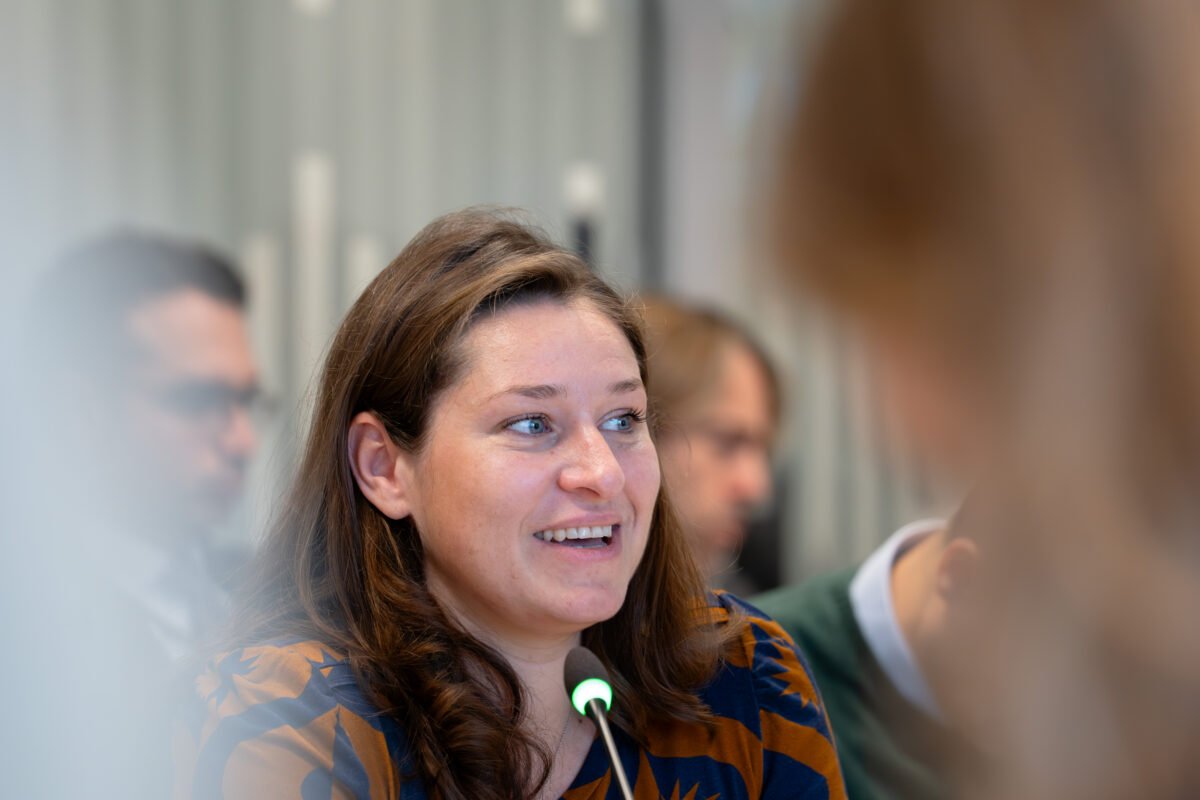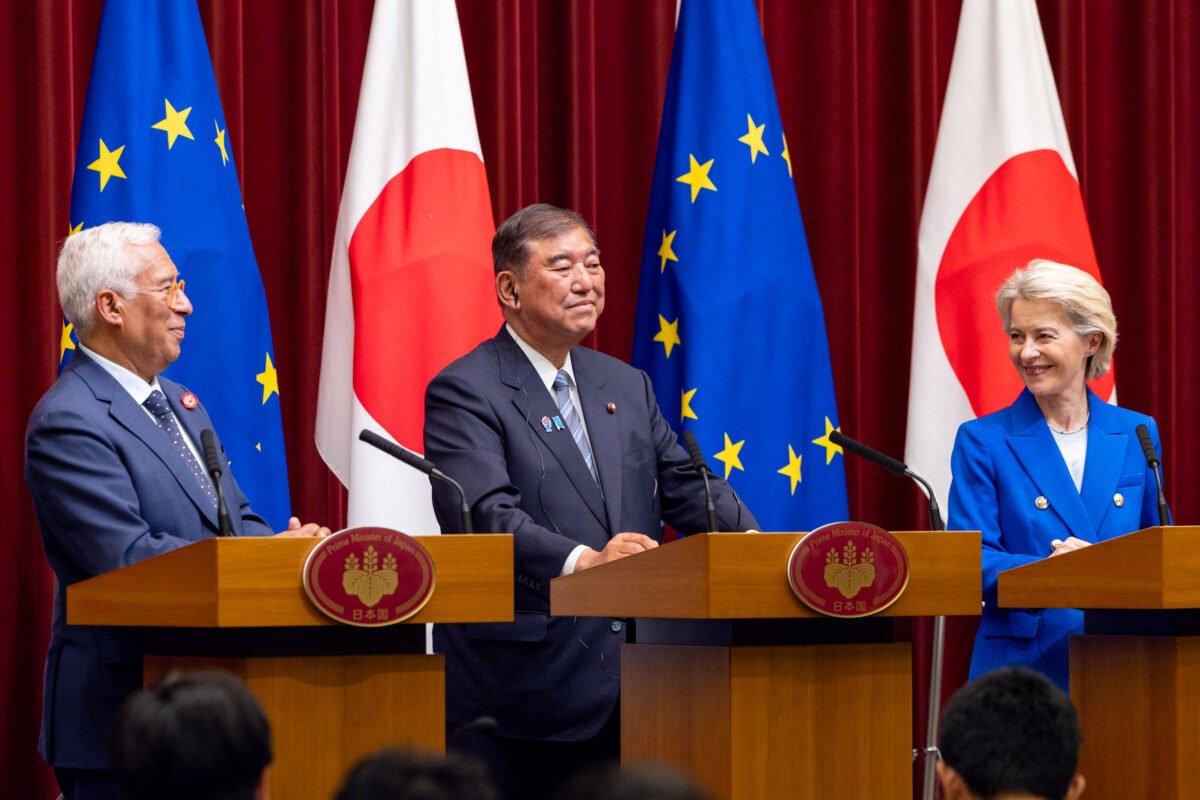As Europe concluded the 2024 EU Year of Skills, one fact remains clear: the effort to bridge the skills gap in critical renewable sectors, like solar and energy storage, has just begun. According to the EU Solar Jobs Report, the solar workforce grew significantly in 2023, reaching 826,000 full-time jobs, with much of the workforce engaged in installations. While this growth is encouraging, it also underscores an urgent need to enhance training pathways that meet immediate deployment demands, expand manufacturing and operation & maintenance (O&M) roles, and, crucially, diversify the workforce to include a larger proportion of women.
Igniting a New Workforce for Solar and Storage
The solar and storage sectors are booming, but here’s the reality: Europe is still woefully underprepared to meet its ambitious clean energy targets. With 87% of jobs in solar still focused on deployment, a considerable gap remains in the technical, development, and operational expertise needed to make our energy system both sustainable and resilient. If we don’t create clear, universally recognized training standards across Europe for solar and storage, we risk a fragmented, inefficient workforce – one that can’t meet the demands of a net-zero energy system.
Why Are Women Still Missing from This Picture?
One significant area of growth is gender inclusion. Women make up just over 40% of the renewable energy workforce, according to a report of IRENA, with fewer women represented in technical fields within solar and storage. Increasing the representation of women isn’t just beneficial for diversity; it is a critical strategy to harness the full potential of Europe’s workforce. Initiatives that foster networks and mentorship opportunities for women in solar, such as the Women in Solar Europe Network, play a vital role in shifting industry dynamics and creating more accessible entry points for women.
Increasing Promoting the visibility of role models and creating supportive environments that prioritize both physical and psychological safety are crucial strategies for boosting retention and facilitating career advancement. These efforts are instrumental in supporting empowering women on their path to leadership roles, where they represent only 13% of senior management positions in the solar PV industry, according to the IRENA report.
We need a revolution in thinking here – policies and programs that make renewable careers an attractive, accessible option for women at every level, from installers to industry leaders. This isn’t about charity or quotas; it’s about unleashing untapped potential to meet the demands of the workforce and avoid blind spots created by homogenous group mentalities.
Building Inclusive and Future-Proof Skills Pathways
To meet future energy needs, Europe must create an inclusive approach to training, integrating technical skills with green and digital competencies. According to projections, O&M roles within solar are expected to exceed 100,000 jobs by 2028, largely driven by growth in solar installations and storage demand. However, as these roles evolve, so must the training for emerging technologies such as AI, automation, and data analysis. Programs that emphasise continuous learning in these fields will be crucial for modernising and scaling the renewable energy sector.
Policy and Industry Collaboration for Skill Development
The EU’s policies should provide robust incentives and support for specialised training in renewable energy sectors, specifically solar and storage. The establishment of EU-wide training academies under the Net-Zero Industry Act and similar frameworks is a strong step toward harmonising solar skills across Europe, but more comprehensive support is needed. Policies should actively encourage mobility for certified professionals across borders, making it easier for skilled workers to contribute wherever demand is highest. This approach will be critical for all Member States where commitments continue to lead Europe in solar installations and job growth.
A Call to Action for Policymakers: Preparing for a Net-Zero Workforce
There is a momentum for policymakers to be bold and unflinching, setting in place incentives, funding, and regulatory frameworks that enable industry and education sectors to scale up skill development rapidly. This includes breaking down barriers to workforce mobility across borders, so skilled professionals can deploy where they’re needed most and build a truly unified, European workforce for renewables.
Europe’s Future Depends on Real Action, Not Platitudes
We can’t afford to keep talking about the energy transition as if it’s happening somewhere far off in the future. It’s happening now, and it demands a serious, sustained investment in people. Europe needs an actionable roadmap to scale training for both current workers and future talent, with a special focus on inclusion and diversity.
The business case for diversity on executive teams is as strong as ever. The report Diversity Matters Even More by McKinsey shows that the likelihood of financial outperformance with a greater representation of women in leadership has doubled in the last decade. The data underscores the critical role of equity, diversity and inclusion, which are not just buzzwords but principles that are urgent for innovation, business success and overcoming the many challenges of the energy transition.
If we want to lead the world in climate action, let’s illuminate the future with the talents of every segment of society – women, young people, diverse backgrounds, technical experts, and those transitioning from legacy industries.







